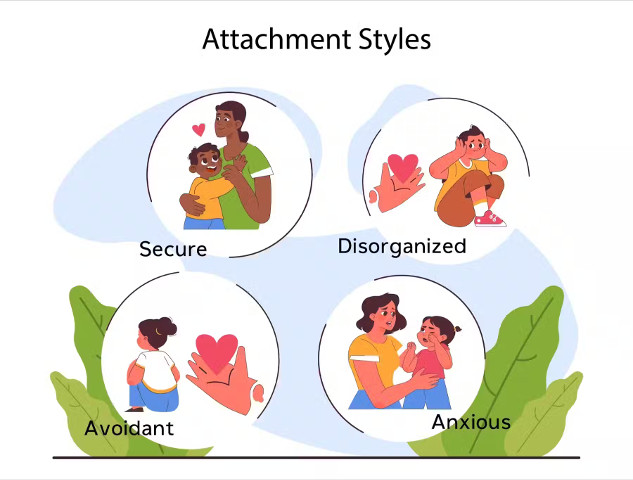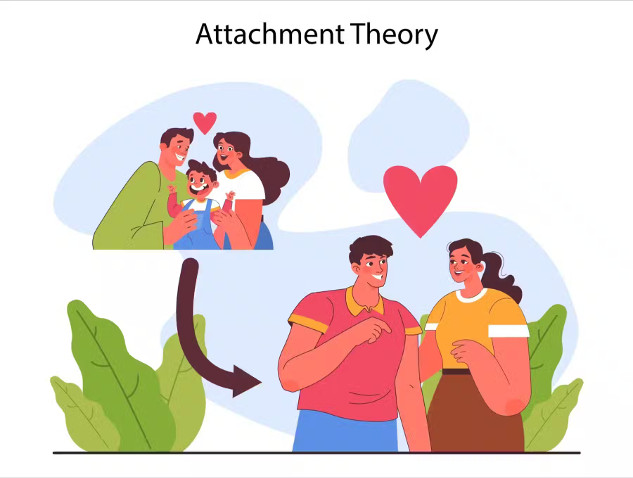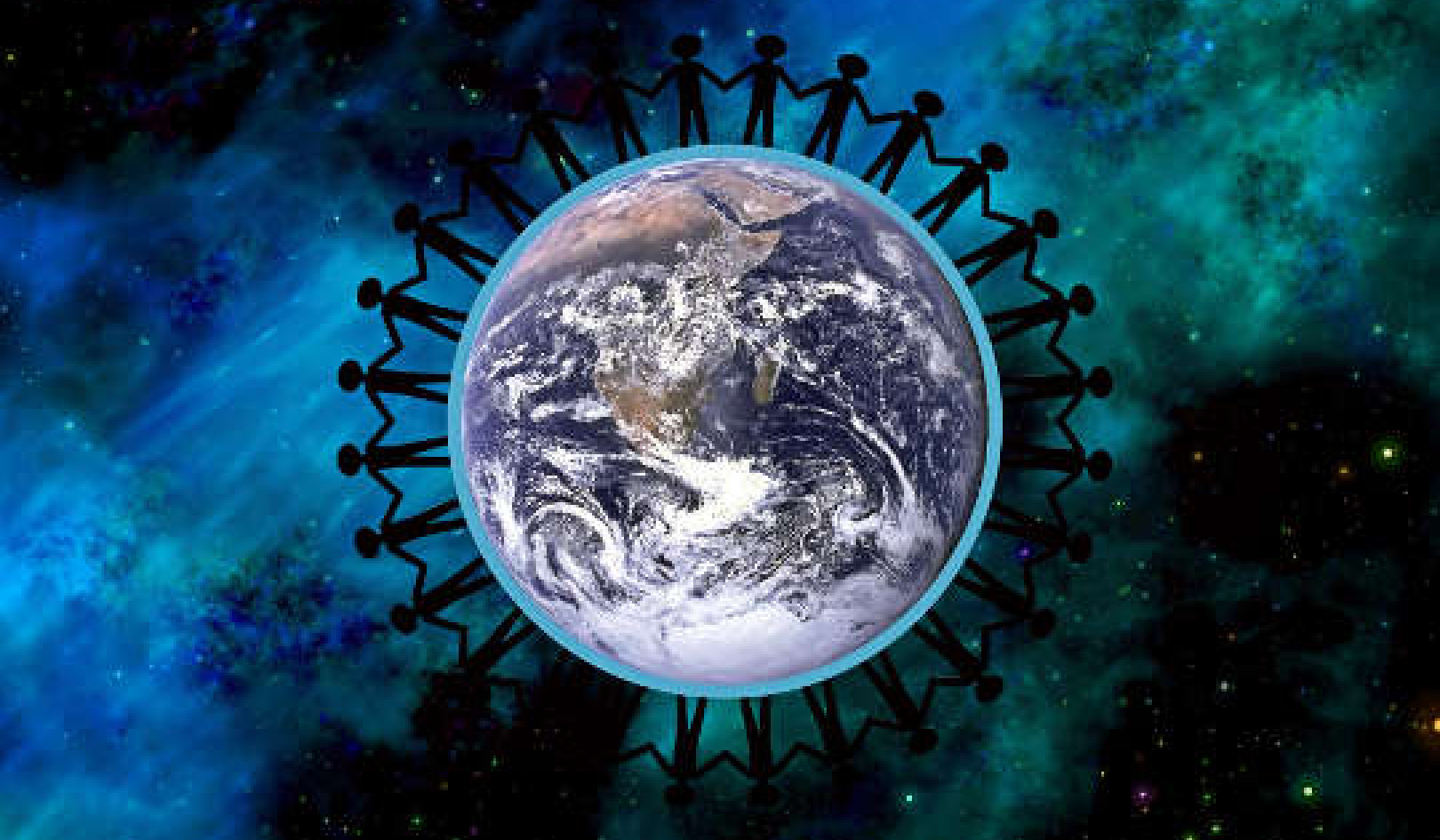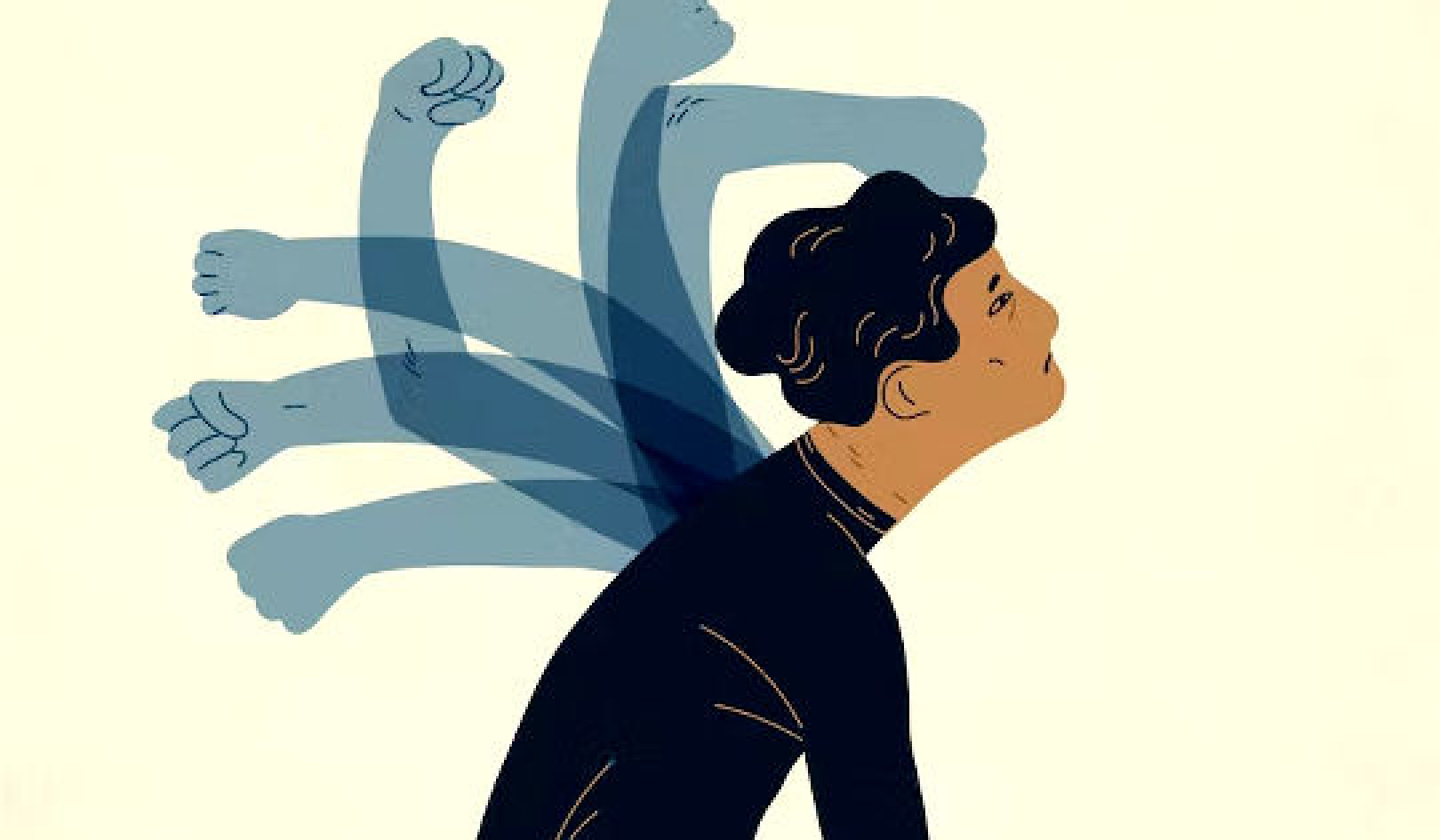
Om deur jou eie gehegtheidsgeskiedenis en verwagtinge van verhoudings te dink is dalk 'n wonderlike geleentheid vir selfrefleksie, maar dit is belangrik om te onthou dat gehegtheid slegs een aspek van 'n verhouding is. (Keira Burton/Pexels)
There has been a recent surge of attention toward attachment theory: from TikTok-video's om aanlynvasvrae that claim to “assess your attachment style.” It’s become a hot topic, especially in the context of romantic relationships, with some articles claiming that one person (or partner’s) attachment styles are the reason why relationships fail.As experts in developmental and clinical psychology focusing on attachment theory, we seek to provide an accessible resource to better understand the science of attachment, and what it means for one’s romantic relationships.
What is attachment?
Attachment theory stems from the field of developmental psychology. It is the notion that in the first year of life, the ways in which a parent and caregiver respond to a child’s needs shape a child’s expectation of relationships across their lifespan.
In research, attachment has been associated with well-being across the lifespan including: geestelike en fisiese gesondheid, breinfunksionering en selfs romantiese verhoudings.

There are two overarching types of attachment: secure and insecure. Types of insecure attachment include disorganized, avoidant and anxious attachment. (Shutter)
How is attachment related to romantic relationships?
Among professionals in the field, there is diversity in perspectives regarding how attachment relates with romantic relationships. As developmental psychologists, we tend to think that attachment is associated with romantic relationships through what we call the “interne werksmodel. "
In childhood, when a parent is consistent and responsive in tending to their child, the child learns that their parent can be counted on in times of need. These expectations and beliefs about relationships are then internalized as a blueprint, sometimes in popular media referred to as a “love map.” Just like how an architect uses a blueprint to design a building, a child’s attachment to their parents provides a blueprint for understanding how to approach other relationships.
Based on this blueprint, people develop expectations of how relationships should work, and how other important people in their life, including partners, should respond to their needs.
Sometimes attachment is also described in terms of attachment “styles.” There are two overarching types of attachment: secure and insecure. Those with a secure attachment style tend to have expectations that their attachment figures (and later, partners) will be responsive, sensitive and caring in times of distress. People with secure “blueprints” find it easier to build new structures (i.e., relationships) with the same design.
People with insecure blueprints — such as disorganized, avoidant or anxious attachment styles — may face relationship challenges when their current relationship doesn’t align with their childhood experiences, and may need to renovate their blueprint design together with their partner.
Whether you think about attachment as a style or a love map, they both are related to expectations of relationships, which are shaped by past experiences.
In research we see that people who had consistent, reliable and sensitive parents are more likely to have more positive relationships — including vriendskappe, teacher-child relationships and yes, romantic relationships too.
Relationships with parents and relationships with partners
Although we do see in research that better childhood relationships are associated with better romantic relationships, there is still a large part of the population who have good relationships with partners, despite their history of lower-quality relationships with their parents.

In research we see that people who had consistent, reliable and sensitive parents are more likely to have more positive relationships. (Shutter)
It is possible for romantic relationships to serve as a “healing relationship” and improve one’s own internal working model of relationships. Specifically, when a partner is consistently sensitive, responsive and available, a person may begin to adjust their blueprint and develop new expectations from relationships. Attachment theory consistently supports the idea that one’s patterns of attachment kan verander.
So, all in all, the answer is no: Your relationship with your parents influences but does not bepaal the quality of your romantic relationships.
Is attachment the reason why my relationships don’t work out?
It is possible that your expectations of a romantic relationship may not align with the expectations of your partner, and may affect the quality of the relationship. For example, sometimes individuals with insecure attachments may withdraw when they are upset, but their partner who has a secure attachment may be upset that their partner is not coming to them for comfort.
Thinking through your own attachment history and expectations of relationships may be a great opportunity for self-reflection, but it is important to remember that attachment is only one part of a relationship. Communication, trust and respect, to name a few, are also critically important aspects of a relationship.
Can I improve my attachment expectations?
The short answer: Yes! Improving attachment quality has been one of the cornerstones of attachment theory and research since its conception. Most commonly, attachment is targeted in childhood through interventions, but also in adulthood through individual therapy, or various forms of couples therapy, such as Emosioneel gefokusde terapie of die Gottman metode.
It is also possible that through positive relationships you may be able to improve your own expectations of relationships. There are many different avenues to explore, but improvement is always possible.
In sum, attachment can be an important factor in romantic relationships, but it is not a “catch-all” to be blamed for why relationships may not work out. Thinking about your own expectations for relationships and talking through those with your partner may do great things in improving the quality of your relationships! ![]()
Marissa Nivison, Nadoktorale Navorsingsgenoot, Departement Sielkunde, Universiteit van Calgary en Sheri Madigan, Professor, Kanada Navorsingsleerstoel in Determinante van Kinderontwikkeling, Owerko Sentrum by die Alberta Kinderhospitaal Navorsingsinstituut, Universiteit van Calgary
Hierdie artikel is gepubliseer vanaf Die gesprek onder 'n Creative Commons lisensie. Lees die oorspronklike artikel.

Verwante Boeke:
Die vyf liefdestale: die geheim van liefde wat hou
deur Gary Chapman
Hierdie boek ondersoek die konsep van "liefdestale," of die maniere waarop individue liefde gee en ontvang, en bied raad vir die bou van sterk verhoudings gebaseer op wedersydse begrip en respek.
Klik vir meer inligting of om te bestel
Die sewe beginsels om die huwelik te laat werk: 'n Praktiese gids van die land se voorste verhoudingskenner
deur John M. Gottman en Nan Silver
Die skrywers, toonaangewende verhoudingskenners, bied raad vir die bou van 'n suksesvolle huwelik gebaseer op navorsing en praktyk, insluitend wenke vir kommunikasie, konflikoplossing en emosionele konneksie.
Klik vir meer inligting of om te bestel
Kom soos jy is: Die verrassende nuwe wetenskap wat jou sekslewe sal transformeer
deur Emily Nagoski
Hierdie boek verken die wetenskap van seksuele begeerte en bied insigte en strategieë om seksuele plesier en konneksie in verhoudings te verbeter.
Klik vir meer inligting of om te bestel
Aangeheg: Die nuwe wetenskap van volwasse gehegtheid en hoe dit jou kan help om liefde te vind—en te behou
deur Amir Levine en Rachel Heller
Hierdie boek verken die wetenskap van volwasse gehegtheid en bied insigte en strategieë vir die bou van gesonde en vervullende verhoudings.
Klik vir meer inligting of om te bestel
Die Verhoudings Cure: 'n 5-stapgids om jou huwelik, familie en vriendskap te versterk
deur John M. Gottman
Die skrywer, 'n toonaangewende verhoudingskenner, bied 'n 5-stap-gids vir die bou van sterker en meer betekenisvolle verhoudings met geliefdes, gebaseer op beginsels van emosionele konneksie en empatie.



























